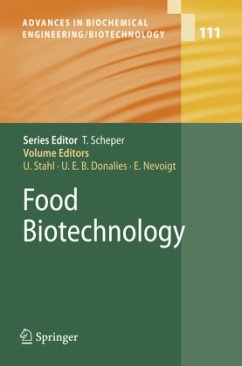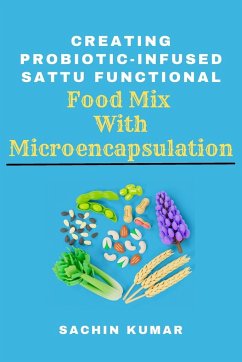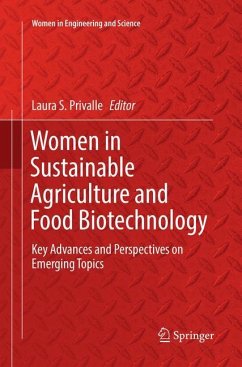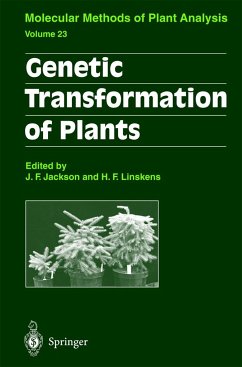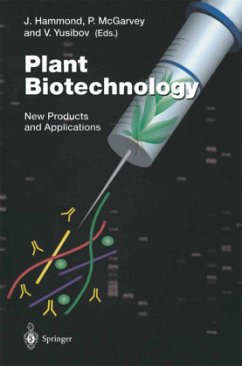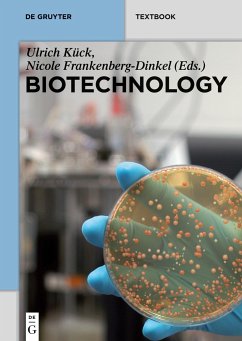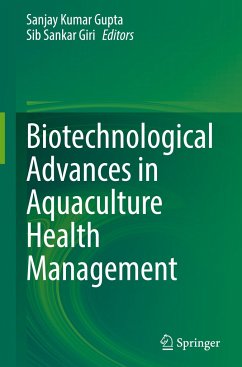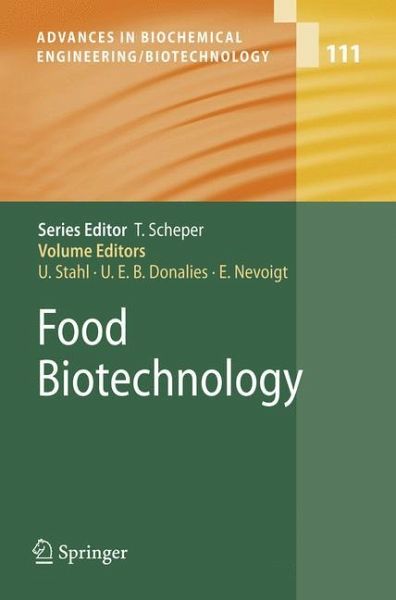
Food Biotechnology
Versandkostenfrei!
Versandfertig in 1-2 Wochen
229,99 €
inkl. MwSt.

PAYBACK Punkte
115 °P sammeln!
The use of fermentation in food processing was originally developed as amethodforpreserving foodandhasprobablybeen practisedsince mankind has been living in settlements. Nowadays food biotechnology involves a lot more than simply preventing spoilage and ranges from improving salub- ousness, improving texture to enriching foodstuffs with substances that are favourable to health and well-being and the prevention of illness. The basic principle of fermentation is mostly to exploit the metabolism of a speci?c microorganism.The activityofthese microorganismstakes place inthe fo- stuff itself or in ...
The use of fermentation in food processing was originally developed as amethodforpreserving foodandhasprobablybeen practisedsince mankind has been living in settlements. Nowadays food biotechnology involves a lot more than simply preventing spoilage and ranges from improving salub- ousness, improving texture to enriching foodstuffs with substances that are favourable to health and well-being and the prevention of illness. The basic principle of fermentation is mostly to exploit the metabolism of a speci?c microorganism.The activityofthese microorganismstakes place inthe fo- stuff itself or in the intestine (probiotica), whereby they produce primary or secondary metabolites via the fermentation process. Naturally, probiotica or metabolites in particular can be produced as pure cultures or as pure s- stances and can then be administered as pharma productsor foodadditives. The foodbiotechnology?eldis extremely broadandis developing rapidly. An important factor is that the average age of humans is increasing, but the age of well-being, that is how long one feels ?t and healthy, is stagnating. It has been shown that this so-called age of well-being can be in?uenced by individual nutrition habits and, complemented by genetic predisposition, can even be increased. In addition, common diseases and illnesses such as the prevalence of being overweight or diabetes can even be prevented through food, pro- and prebiotica and food additives. One emphasis of this volume is onthis area.



